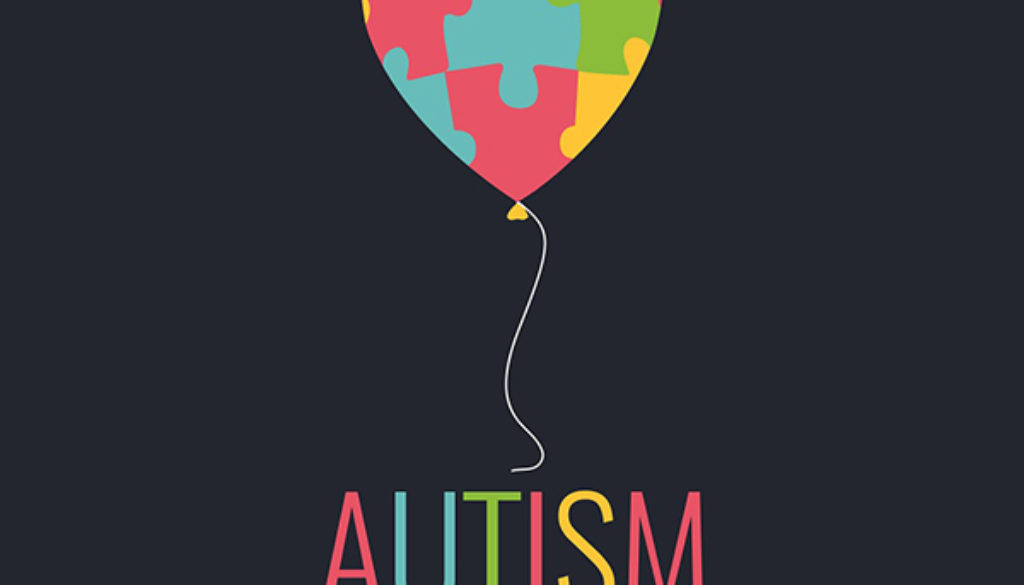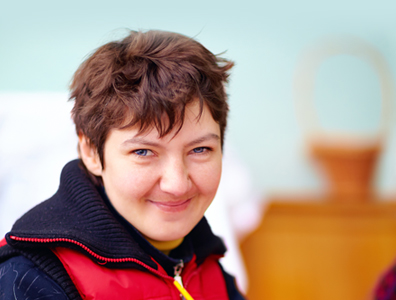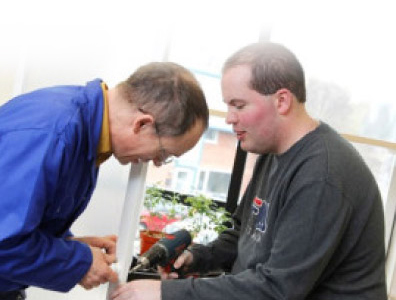Understanding Autism Course – World Autism Awareness Week
A little history
The word “autism,” which has been in use for about 100 years, comes from the Greek word “autos,” meaning “self.” The term describes conditions in which a person is removed from social interaction — hence, an isolated self. Eugen Bleuler, a Swiss psychiatrist, was the first person to use the term.
Autism is a lifelong developmental disability which affects the way someone communicates and relates to others. It also affects the way that the person views the world. Autism is a spectrum condition and all people who are on the spectrum have certain difficulties. Even though they share certain difficulties, it affects everyone in a different way.
Over 700,000 people are on the spectrum in the UK. It has been researched that 1 in every 100 people are on the spectrum. You do not need blood tests or brain scans as they don’t detect autism.
Like to know more?
FutureLearn are currently holding a course to help you understand what autism is and gives you the opportunity to find out more about it. The bonus is that this course is for everyone, you do not need experience or qualifications to do the course.
However, it may be of an interest to practitioners who are in the field of autism, healthcare workers, people on the autism spectrum and parents/carers. This course was developed by the University of Kent which is one of the UK’s most dynamic universities.
The course is Free, it’s duration is 4 weeks from when you start and takes up about 3 hours per week. There’s no certification at the end, however, you can upgrade to gain unlimited access to the course as long as it is with FutureLearn and you will get a certificate.
Like to know more, then use the link below:
What will you achieve?
- Explain what autism is, and evaluate whether it really exists
- Identify social communication skills and explain what happens if they do not develop as expected
- Summarise knowledge of sensory and repetitive behaviours, and whether such behaviours are advantages or disadvantages
- Explain why many people on the autism spectrum have co-occurring conditions
- Identify the origins of strengths and difficulties experienced by people on the autism spectrum
- Explore and discuss lived experiences of people on the autism spectrum
Do you look after an adult with autism?
For Adults with more acute autism, learning difficulties/disabilities and behaviour that challenges help is at hand to discover more please visit www.skillstank.co.uk. If you would like to talk to someone in more detail, please call Glenys or Wayne on 0121 308 655 or shoot them an email to wayneh@carefirstltd.co.uk




